Are you a Matcha seller? Join as a Vendor
Yuhang is a tea-growing district in Hangzhou, China with over 1,000 years of cultivation history, where traditional methods now shape modern matcha craft.
There are no results matching your search
There are no results matching your search Reset filters?
Yuhang District in Hangzhou, Zhejiang Province, China stands as a historic birthplace of powdered tea culture that would eventually shape Japanese matcha traditions. Located within the subtropical monsoon climate of eastern China, this region centers around Jingshan Mountain, where tea sage Lu Yu wrote his foundational tea classics between 733 and 804 CE. Around 1240, Japanese monks traveled to Jingshan and brought powdered tea preparation methods back to Japan, establishing what we now recognize as the matcha ceremony. Today, Yuhang balances this ancient legacy with modern production, making it one of Zhejiang Province’s main matcha-producing areas.
The terroir of Jingshan Mountain creates ideal conditions for tea cultivation. Fertile, well-drained soil with slightly acidic pH supports healthy tea plants across the hilly terrain. Abundant rainfall and mild temperatures define the growing season, while the elevation and humidity produce the tender leaves needed for quality tea. The Jingshan Tea Garden alone produces over 70,000 kilograms annually and generates more than 100 million yuan in revenue each year. This microclimate differs from Japan’s matcha regions but shares the moisture and temperature stability that tea plants need.
Yuhang’s tea farmers cultivate several specialized varieties adapted to the region’s conditions. Jingshan Maofeng Tea represents the area’s signature product, while modern cultivars include these notable options:
Traditional methods involve hand-picking young spring leaves and careful processing that preserves the tea’s character. Shade-growing techniques enhance flavor compounds, though Chinese approaches differ from the intensive shading protocols used in Japanese matcha production. The focus remains on seasonal timing and selecting the youngest, most tender growth.
Contemporary producers in Yuhang blend historical knowledge with current technology. Companies like Chiti Matcha operate organic raw material bases in the district, processing tea into fine powder using both stone-grinding and mechanized methods. The production process maintains connections to Song Dynasty powdered tea traditions while meeting today’s quality standards and food safety requirements. This evolution hasn’t erased traditional practices but expanded them. Tea gardens now incorporate organic certification, precision processing equipment, and quality control systems that weren’t available to ancient tea masters.
Yuhang’s matcha differs from Japanese varieties in taste profile and processing refinement. Chinese matcha tends toward earthier, more robust flavors compared to the umami-rich sweetness of Japanese ceremonial grades. The grinding process may be less fine, and shading duration shorter. But these differences reflect distinct tea cultures rather than quality deficiencies. As Hangzhou’s tea production exceeds 31,000 tons across 35,000 hectares, Yuhang contributes notably to China’s growing matcha market while preserving the heritage that influenced tea ceremony culture worldwide.
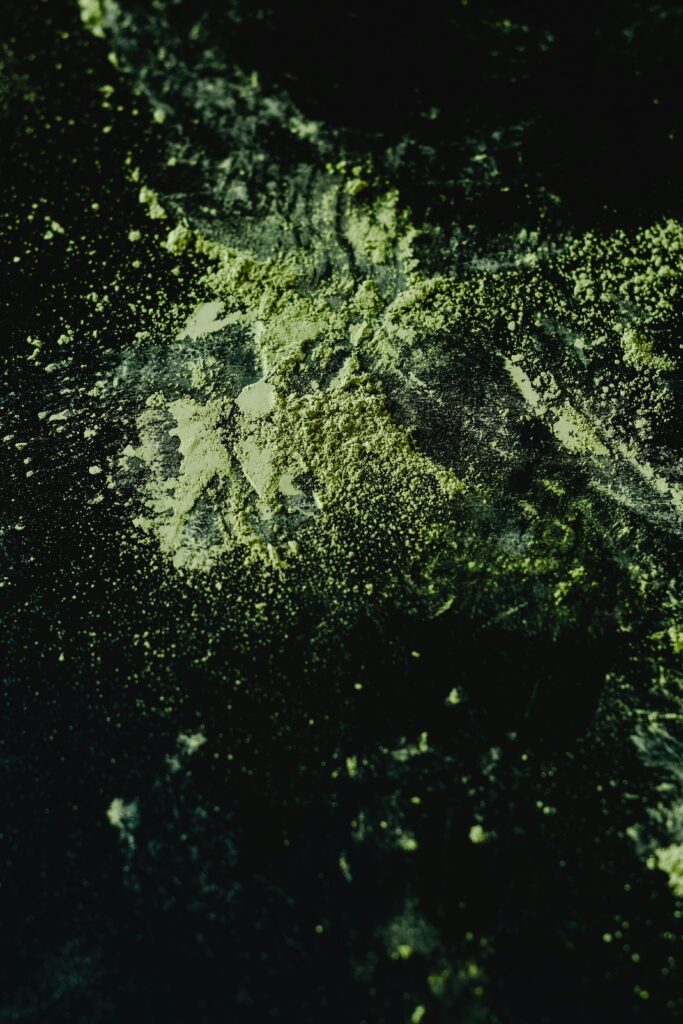
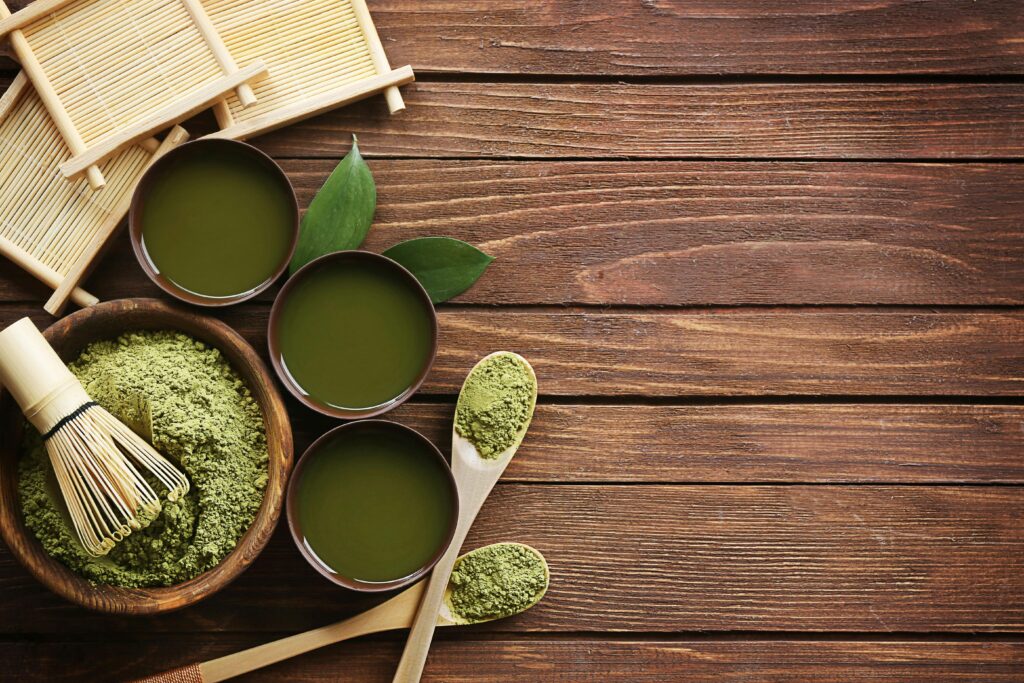
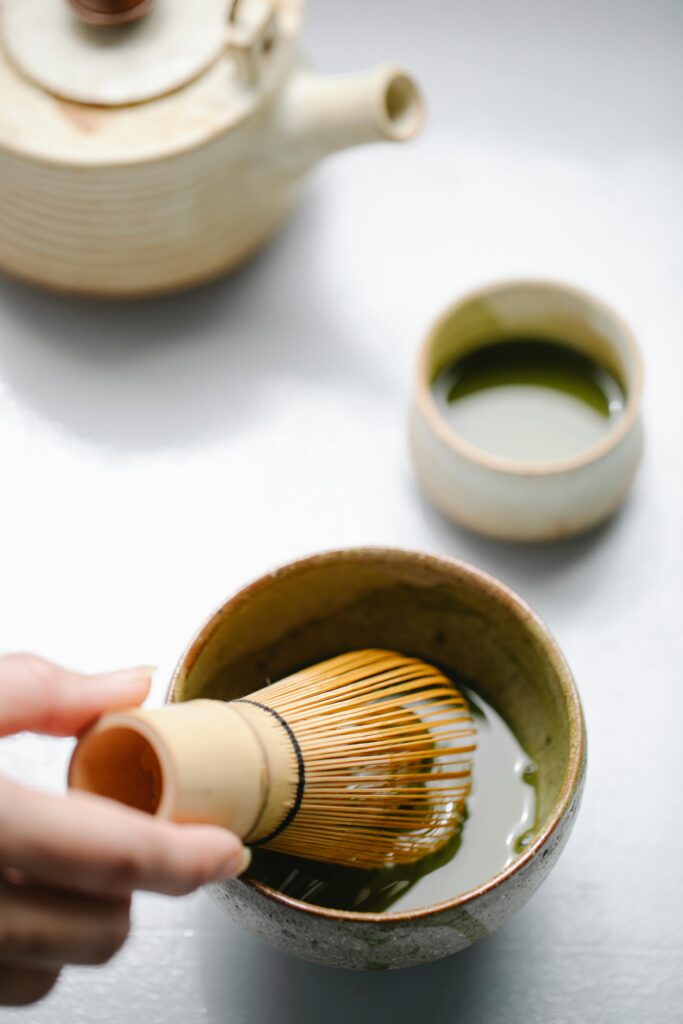
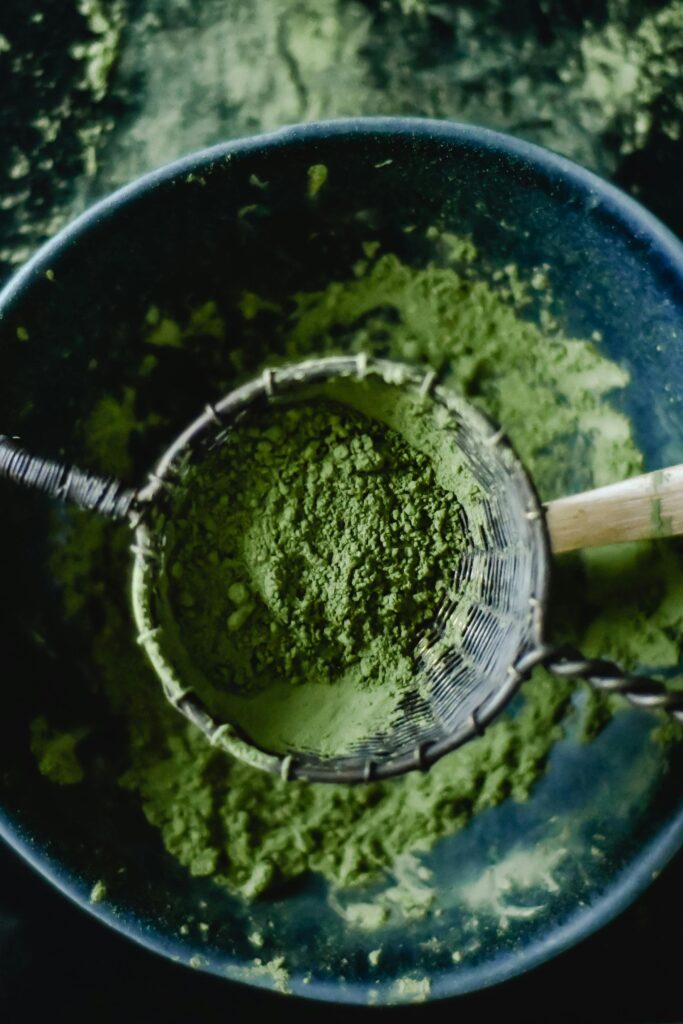
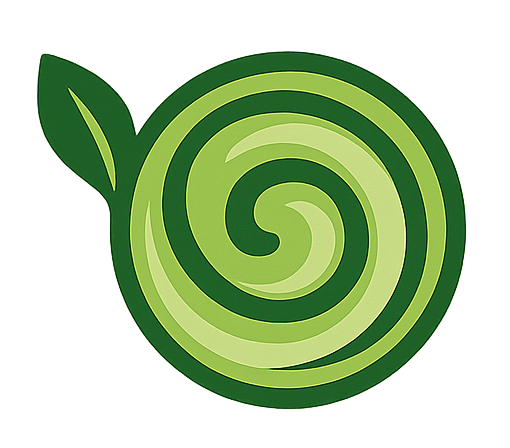
Join our mailing list to receive updates and exclusive tips.
There are no results matching your search